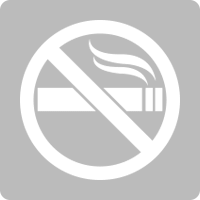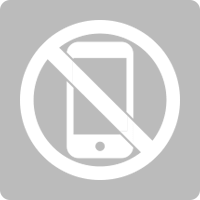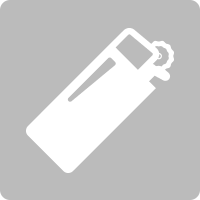Attention
On-board request and cautions
-
Restrictions on board
-

Smoking is not allowed in all ORC flights. Use of e-cigarettes, smokeless cigarettes, un-lit cigarettes, and other smoking-like acts are also prohibited as they may impair the comfort of other guests.

are not allowed on board from the door closing of the aircraft entrance to the opening of the door after landing.

If you are carrying a lighter, etc., please be careful not to forget when getting off the aircraft.

For children's mobile phones, please operate "Full Power Off" or set "Power OFF Notification Setting" to "OFF" to board.
* Some children's mobile phones sold by NTT DOCOMO, au, and SoftBank may periodically turn on and emit radio waves when the "Power OFF notification setting" is set even when the main unit is turned off.
According to the Aviation Law, mobile phones, etc. that emit radio waves cannot be used on board at all times, so when boarding an aircraft, please operate "Full Power Off" or "Turn Off Power OFF Notification Setting" and cooperate with us. -
Prohibited acts on board (safety inhibition)
-
-
To enjoy safe and comfortable air travel.
In order to maintain safety, protect passengers, order on board, and maintain discipline, the following measures will be taken as an illegal act in accordance with Article 73-3 of the Aviation Law, "Prohibition of Safety Inhibition", when a passenger is inconvenienced by violent acts, or acts that impede safety are performed or intended to be carried out without following the crew's instructions.
Your understanding and cooperation will be appreciated. -
What is safety inhibition?
- 1. Acts that harm the safety of aircraft.
- 2. Acts that cause harm to people or property on board.
- 3. Acts that disturb the order on board.
- 4. Acts that violate in-flight discipline.
-
Measures against safety inhibitions.
Verbal cautions, presentation of warning cards, refusal of boarding, boarding, etc. will be handled. In addition, if such acts are repeated or continued, the following measures may be taken as preventive measures based on laws and regulations and the Conditions of Carriage.
- 1. Return to departure airport.
- 2. Emergency landing at the nearest airport.
- 3. Requests for reporting and waiting to law enforcement authorities.
- 4. Your restraints.
Please note- The following nuisances acts on board are considered as "against the law".
(A fine of not more than 500,000 JPY will be imposed.)
-
Even though there is a restraining order by an aircraft chief, if you repeat or continue any of the following eight acts, you will be subject to penalties (fines of not more than 500,000 JPY).
- 1. Operating the door switchgear at the entrance or emergency exit.
- 2. Smoking in the restroom (smoking includes electronic cigarettes, heated cigarettes, etc.)
- 3. Those that interfere with the duties of the crew and may interfere with the retention of safety, etc.
- 4. Using prohibited electronic devices.
- 5. Not wearing a seat belt.
- 6. Not returning the back of the seat, the table, etc. to a predetermined position.
- 7. Leave your baggage in a place that interferes with emergency escape.
- 8. Operate or move emergency equipment.
In addition, we will also charge the cost for the damage suffered by the Company due to safety inhibition acts, etc.
-
-
For passengers seated in emergency exit seats
-
According to a report issued by the Ministry of Land, Infrastructure, Transport and Tourism, in order to ensure the safety of our customers, emergency exit seats can only be seated to customers who meet all the following items:
- ・ Customers over 15 years old
- ・ Passengers who do not need the assorted by the attendant or staff when boarding
- ・ Passengers who can provide emergency escape assistance, such as opening and closing aircraft doors
- ・ Passengers who understand the escape procedure and the crew's instructions and communicate verbally to other customers
- ・ Passengers who do not need to assist their companions in the case of emergency escape
- ・ Customers who agree to provide emergency escape assistance
In order to provide prompt escape assistance, passengers seated in emergency exit seats are asked to assist in the case of emergency evacuation under the direction of the cabin crew in the case of emergency.

